Not To Alarm Anyone But Is Anybody Else Worried About How Everybody Is Fucking Stupid
not to alarm anyone but is anybody else worried about how everybody is fucking stupid
More Posts from Tannins2 and Others
From the book Organizing Solutions for People with ADHD:
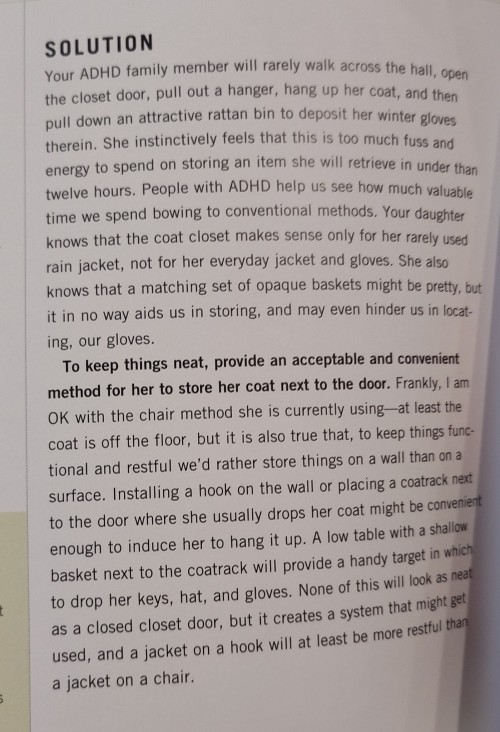
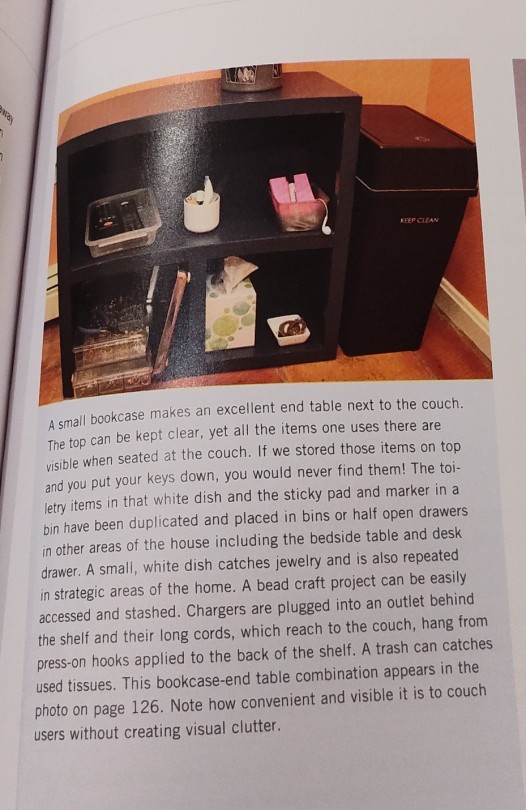
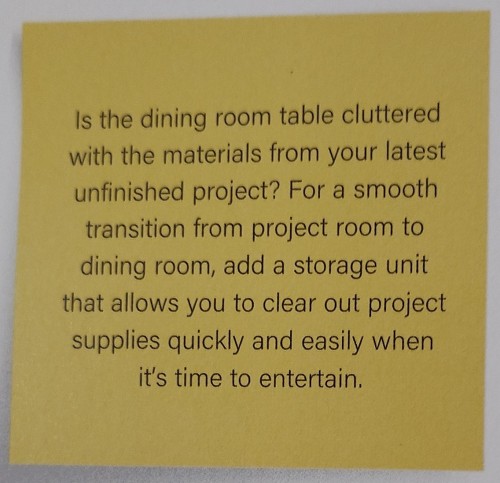
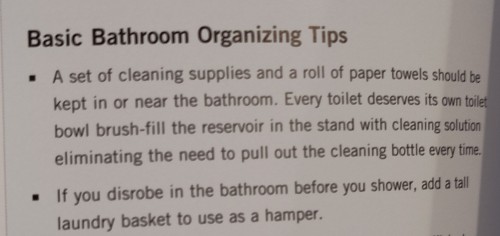
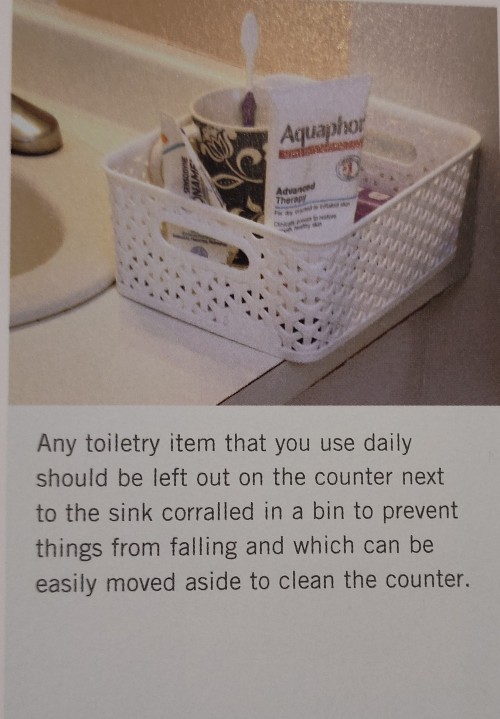

Putting a coat on the back of a chair by the door is fine, but if you prefer, use coat hooks and a large catch-all basket for dropping keys, hats, gloves.
Small bookcase end-table next to the couch to store craft projects, books, and other things being worked on for easy access.
Add a storage unit near the dining room table to transition between eating and working there.
Daily toiletry items should be stored in a basket that you can move easily
Extra toiletries and medicine cabinet items go in open shelf/basket storage so they can be seen and used easily. If items no longer fit, purge the excess. Don’t obscure the view!
If you disrobe in the bathroom, place a tall hamper in there.
Keep a set of cleaning supplies in each bathroom


leonard cohen, "one of these days"












Jane B. par Agnès V. / Jane B. by Agnès V. (1988) | dir. Agnès Varda


collection of chromogenic prints belonging to an unnamed gay couple in the 1970s (via)

Burt Glinn Sammy Davis, Jr, New York City 1959
"I'm colored, Jewish and Puerto Rican. When I move into a neighborhood, I wipe it out!" sammy Davis, Jr







“Joe Pera Builds a Chair With You.” Joe Pera Talks With You, season 03, episode 09, Adult Swim, 2021.
Be Here Now, Ram Dass, Lama Foundation, New York, 1973



Joan Baez photographed by David Redfern.







Staff Pick of the Week
My first pick as a staff member at UWM’s Special Collections is The Women Who Hate Me by Dorothy Allison (b. 1949), published by Long Haul Press in Brooklyn, 1983. This small, intimate book of poetry also features illustrations by Laurie McLaughlin.
Born in Greenville, South Carolina to a fifteen-year-old unwed mother, Allison grew up in a very poor, working-class family in the 1950s. Her burgeoning lesbian identity and strained/abusive relationship with her stepfather left her feeling ostracized and out of place. After attending Florida Presbyterian college and the New School of Social Research for anthropology, she found solace in a community of other feminists and eventually made a career for herself developing stories and poems often based on her experiences. She would receive mainstream recognition at the publishing at her 1992 novel, Bastard Out of Carolina.
What cannot be overlooked in Allison’s writing is her honesty and ability to lay everything bare; to articulate what is seen but never said, as gut-wrenching and brutal as it may be. With themes of sexual abuse, child abuse, class struggle, women, feminism, lesbianism, and family throughout, she dedicates this collection of poetry to “the women who hate me who made me angry enough to write these poems,” and “for the women who love me who read the poems and helped me pull all the pieces together.”
- Grant, Special Collections Undergraduate Intern
-
 jasonthegr8 reblogged this · 1 week ago
jasonthegr8 reblogged this · 1 week ago -
 shark-puppy reblogged this · 1 week ago
shark-puppy reblogged this · 1 week ago -
 shark-puppy liked this · 1 week ago
shark-puppy liked this · 1 week ago -
 inspectorseb liked this · 1 week ago
inspectorseb liked this · 1 week ago -
 fictionnotfantasy liked this · 1 week ago
fictionnotfantasy liked this · 1 week ago -
 betweenyourteeth liked this · 1 week ago
betweenyourteeth liked this · 1 week ago -
 calebtheworm reblogged this · 1 week ago
calebtheworm reblogged this · 1 week ago -
 calebtheworm liked this · 1 week ago
calebtheworm liked this · 1 week ago -
 curiouskat325 reblogged this · 1 week ago
curiouskat325 reblogged this · 1 week ago -
 marsdeephoenix reblogged this · 1 week ago
marsdeephoenix reblogged this · 1 week ago -
 thunderurbanunderground liked this · 1 week ago
thunderurbanunderground liked this · 1 week ago -
 aviantacos reblogged this · 2 weeks ago
aviantacos reblogged this · 2 weeks ago -
 aviantacos liked this · 2 weeks ago
aviantacos liked this · 2 weeks ago -
 acleverforgery liked this · 2 weeks ago
acleverforgery liked this · 2 weeks ago -
 soap-is-an-artist liked this · 2 weeks ago
soap-is-an-artist liked this · 2 weeks ago -
 trxllionaire reblogged this · 2 weeks ago
trxllionaire reblogged this · 2 weeks ago -
 waterthing reblogged this · 2 weeks ago
waterthing reblogged this · 2 weeks ago -
 liltrickster liked this · 2 weeks ago
liltrickster liked this · 2 weeks ago -
 glisteringlord liked this · 2 weeks ago
glisteringlord liked this · 2 weeks ago -
 cryptic2thecore liked this · 2 weeks ago
cryptic2thecore liked this · 2 weeks ago -
 disghasting liked this · 2 weeks ago
disghasting liked this · 2 weeks ago -
 dabobrulz liked this · 2 weeks ago
dabobrulz liked this · 2 weeks ago -
 pastaplease liked this · 2 weeks ago
pastaplease liked this · 2 weeks ago -
 stephaknee liked this · 2 weeks ago
stephaknee liked this · 2 weeks ago -
 royalreader713 reblogged this · 2 weeks ago
royalreader713 reblogged this · 2 weeks ago -
 royalreader713 liked this · 2 weeks ago
royalreader713 liked this · 2 weeks ago -
 bloodhound124 reblogged this · 2 weeks ago
bloodhound124 reblogged this · 2 weeks ago -
 kociarania liked this · 2 weeks ago
kociarania liked this · 2 weeks ago -
 brumbaughfett reblogged this · 2 weeks ago
brumbaughfett reblogged this · 2 weeks ago -
 theloonatic liked this · 2 weeks ago
theloonatic liked this · 2 weeks ago -
 minalblood liked this · 2 weeks ago
minalblood liked this · 2 weeks ago -
 waitingforanonshittydayinhell reblogged this · 2 weeks ago
waitingforanonshittydayinhell reblogged this · 2 weeks ago -
 silentglory22 liked this · 2 weeks ago
silentglory22 liked this · 2 weeks ago -
 crumplemyletter liked this · 2 weeks ago
crumplemyletter liked this · 2 weeks ago -
 jessetomato reblogged this · 2 weeks ago
jessetomato reblogged this · 2 weeks ago -
 sralinchen reblogged this · 2 weeks ago
sralinchen reblogged this · 2 weeks ago -
 nervouslighttheorist reblogged this · 2 weeks ago
nervouslighttheorist reblogged this · 2 weeks ago -
 nervouslighttheorist liked this · 2 weeks ago
nervouslighttheorist liked this · 2 weeks ago -
 xlozx reblogged this · 2 weeks ago
xlozx reblogged this · 2 weeks ago -
 wammerbammer reblogged this · 2 weeks ago
wammerbammer reblogged this · 2 weeks ago -
 wammerbammer liked this · 2 weeks ago
wammerbammer liked this · 2 weeks ago -
 winterandfruits liked this · 2 weeks ago
winterandfruits liked this · 2 weeks ago -
 sea-blue-bombshell reblogged this · 2 weeks ago
sea-blue-bombshell reblogged this · 2 weeks ago -
 linda-rose liked this · 2 weeks ago
linda-rose liked this · 2 weeks ago -
 atlantablackchaotic reblogged this · 2 weeks ago
atlantablackchaotic reblogged this · 2 weeks ago -
 i-dont-even-know-anymore976 reblogged this · 2 weeks ago
i-dont-even-know-anymore976 reblogged this · 2 weeks ago -
 profwonderbearthementalista liked this · 2 weeks ago
profwonderbearthementalista liked this · 2 weeks ago -
 radiokillerqueen reblogged this · 2 weeks ago
radiokillerqueen reblogged this · 2 weeks ago -
 meebles liked this · 2 weeks ago
meebles liked this · 2 weeks ago -
 merlinsniece reblogged this · 2 weeks ago
merlinsniece reblogged this · 2 weeks ago
